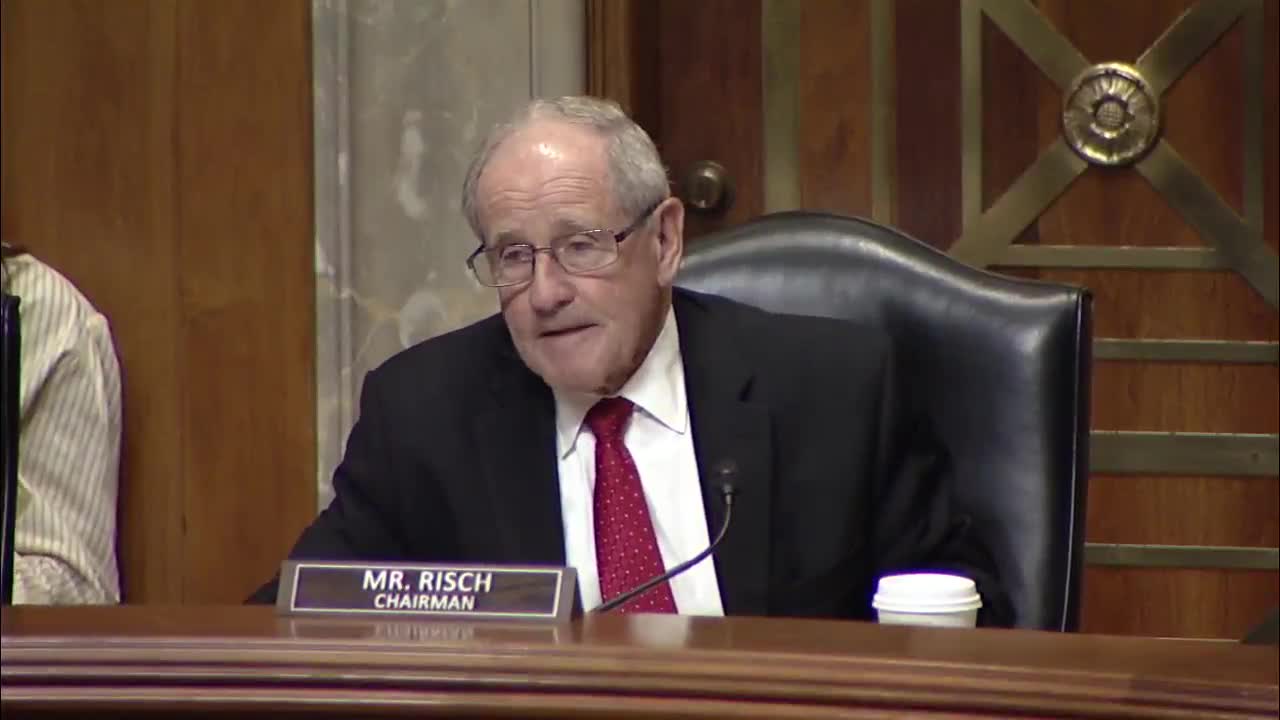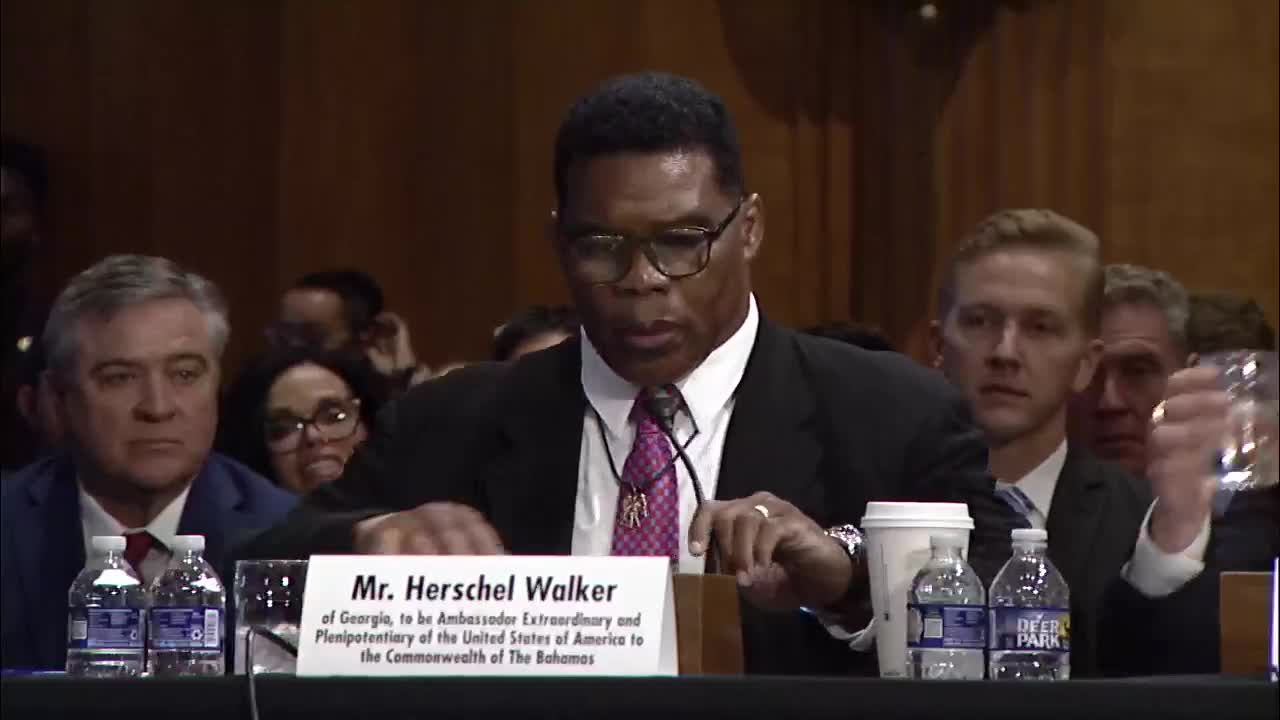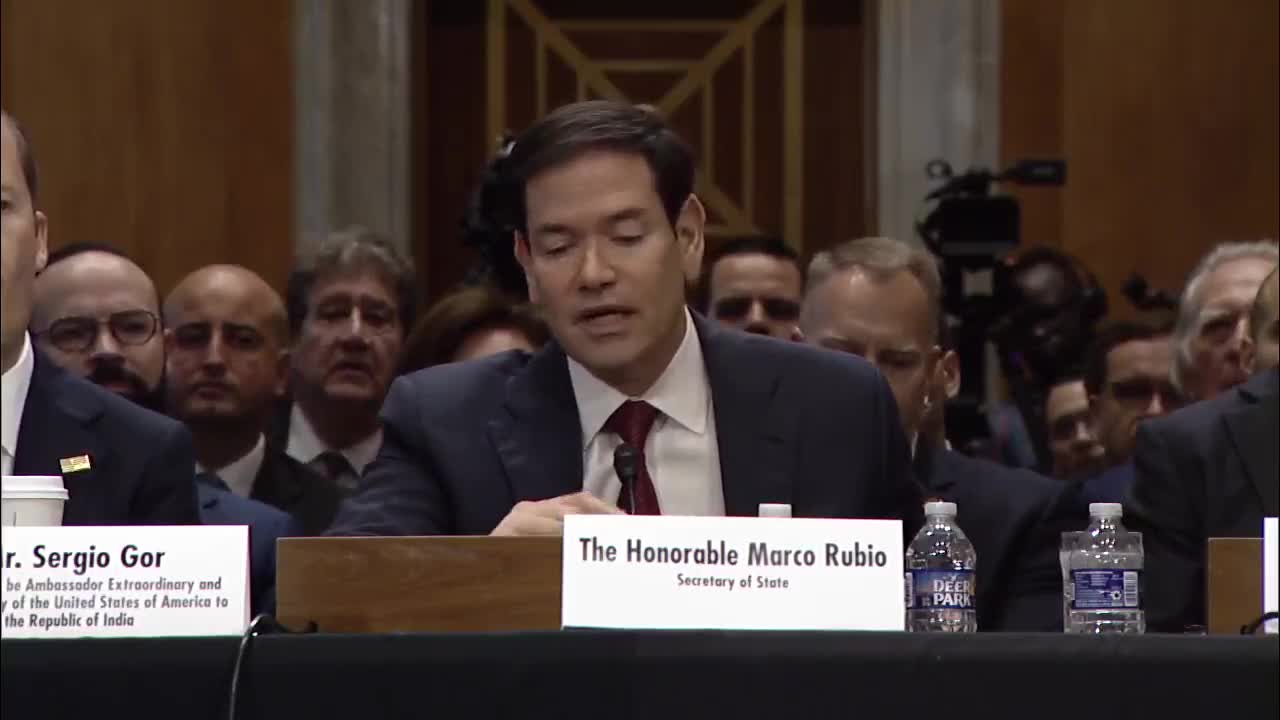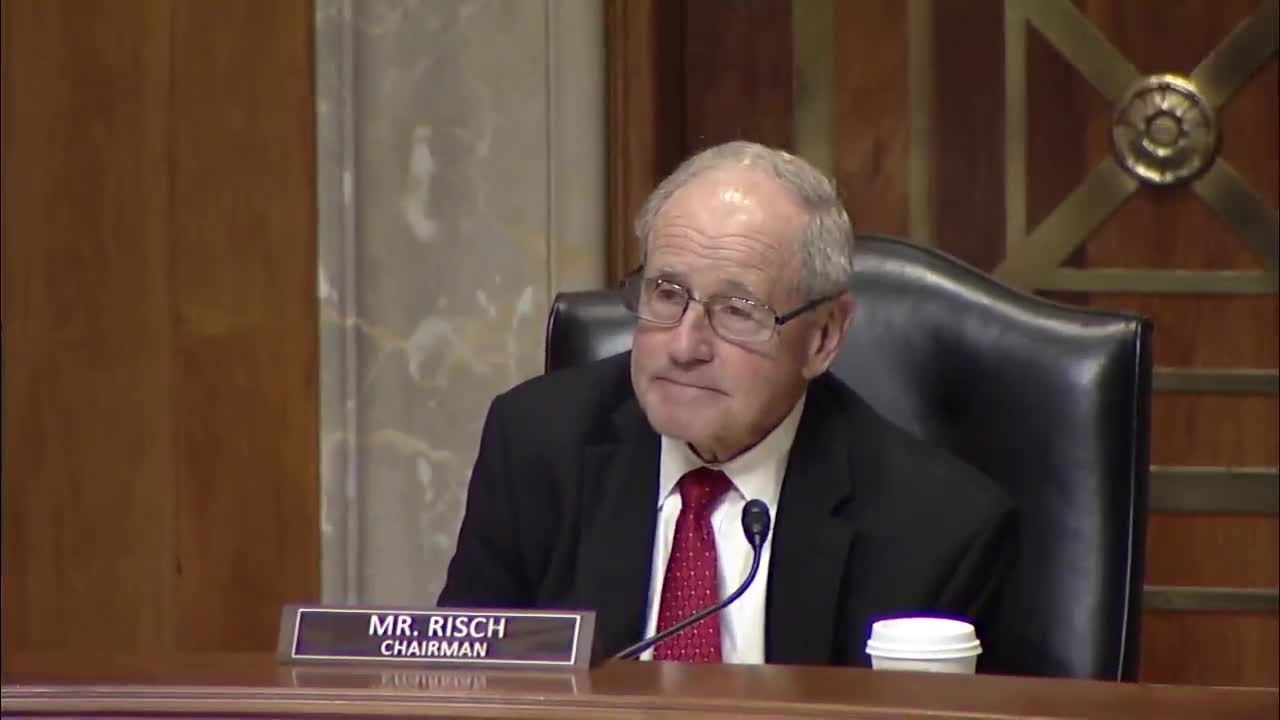Article not found
This article is no longer available. But don't worry—we've gathered other articles that discuss the same topic.

Nominee for State Department Population, Refugees and Migration outlines 'America First' approach, faces questions on vetting and refugee priorities

Herschel Walker pledges to prioritize security, tourism and U.S. investment in testimony for Bahamas ambassadorship

Sergio Gore, White House personnel director, urges deeper U.S.-India trade, defense and technology ties if confirmed as ambassador to India

